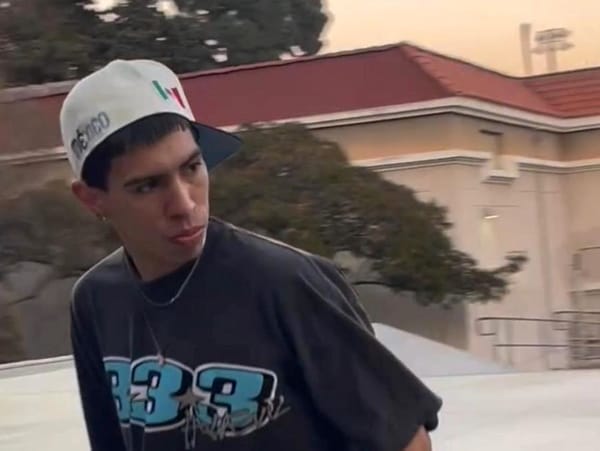Why is it so hard for us to talk about death?
Separation, the fact that a person ceases to exist, causes us pain and anguish. Dying cannot be avoided, but sometimes it is possible to make it happen in better conditions.

Medicine cannot always do everything as we would like to save people's lives, hence the health emergency allows us to value the need to talk to our loved ones and say goodbye in time, said María Asunción Álvarez del Río, from the Department of Psychiatry and Mental Health of the Faculty of Medicine (FM) of the UNAM.
The expert said that for centuries it was normal for people to be familiar with death, which occurred at an earlier age; even children participated when someone became ill and died. From an early age, they would see how the sick person was in charge of directing what was related to his death, how he made decisions, asked for forgiveness, and said goodbye.
Although death has always caused fear and anguish, people used rituals and words to accompany each other and make the process more bearable. That was natural. Today, however, the situation is very different. The expert questioned why it is so hard to talk about the subject if it is part of life. "There is something that explains it: first of all, the fact that it causes us pain; the separation, that the person ceases to exist, causes us anguish".
And instead of seeing how we confront that which hurts and worries us, in Western society, we have been falling into a question of denial. "It's as if we don't want to see, so we don't talk to avoid the issue. We want to pretend it's not there, we minimize it; that's what we learned and what we teach unless we change." Álvarez del Río pointed out that thanks to the advances in medicine and technology, life expectancy has become longer than in the past; with this, we are also beginning to see death as more distant.
To the extent that there were more resources that Medicine could offer, people did not stay at home to die but went to the hospital to try to do something to save their lives. Thus, that place has also served so that death does not happen at home. Once again, death was moving away. When it left that realm it was no longer so familiar, and it was felt that it should not be talked about, as before.
Now there is an almost blind trust that doctors can do something for the patient, but also that they can deal with death. However, she reiterated, the pandemic has reminded us that this is not the case, that medicine cannot always do something. Despite our attitude of denial and evasion, of demanding that doctors do the impossible, we must understand that there comes a time when death cannot be avoided, said María Asunción Álvarez.
What can be done, and we are responsible for this as patients, family members, and healthcare personnel, is to make death better. For example, it could happen that in an incurable condition the patient is in the intensive care unit, but alone, and he or she may die that way. Or it is possible to choose a better, dignified, accompanied death, in a familiar place, with the greatest possible comfort.
For this to be possible, she explained, we need to learn to talk about death and preferably before being in a serious situation, as well as to think about the circumstances in which we would not want to live, in which situation it would not make sense for life to be prolonged, and for family members and doctors to know this. Thus, when death is inevitable, an effort can be made so that this moment arrives in the best way possible and we can say goodbye, for the benefit of the person who is leaving and of those who survive him or her, who will thus be able to better cope with their grief.
Without hiding it
Referring to children, María Asunción Álvarez explained that with the prevailing denial "it is very easy for us to have the idea that we have to protect them, and that is the worst thing we can do to them because they are curious and sensitive". When they face situations of this type, it is necessary to attend to their questions, give them explanations at their level, and from a serene attitude so that they can see that they can continue asking and that they will get answers, said the university professor.
It is a mistake to want to protect them by hiding what is happening, or by giving them explanations that only confuse them, such as "your grandfather fell asleep", and then the child is afraid to go to sleep because he thinks he will not wake up. Or saying: "your grandma left", because they will wonder if it was their fault, or why they didn't say goodbye. It is important to tell them that a body wears out and can no longer live; they will understand this, the academic explained.
When there is an important death for the family, it is necessary to include the little ones and allow them to be part of the pain that everyone feels and make the necessary mourning. "The child will learn that these aspects are part of life and that they get along better when they do not feel excluded". For everyone, having accompaniment means that, although the fear and pain continue, they are reduced, concluded Álvarez del Río.




